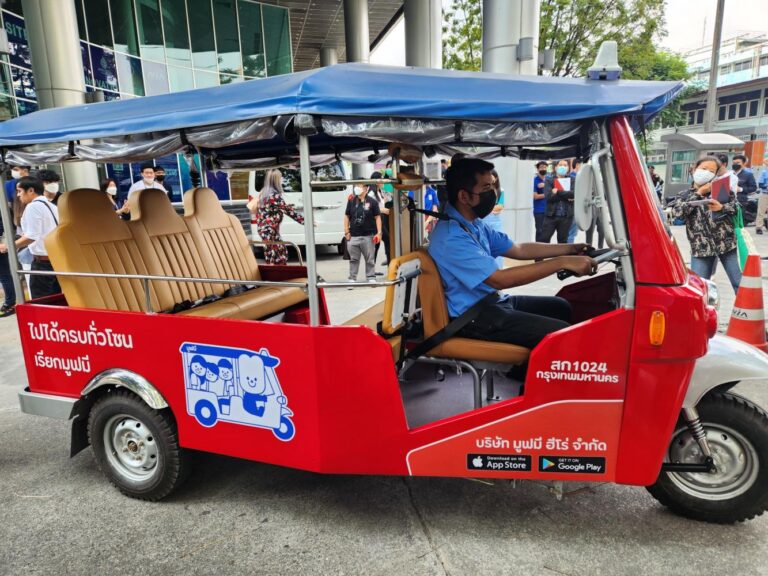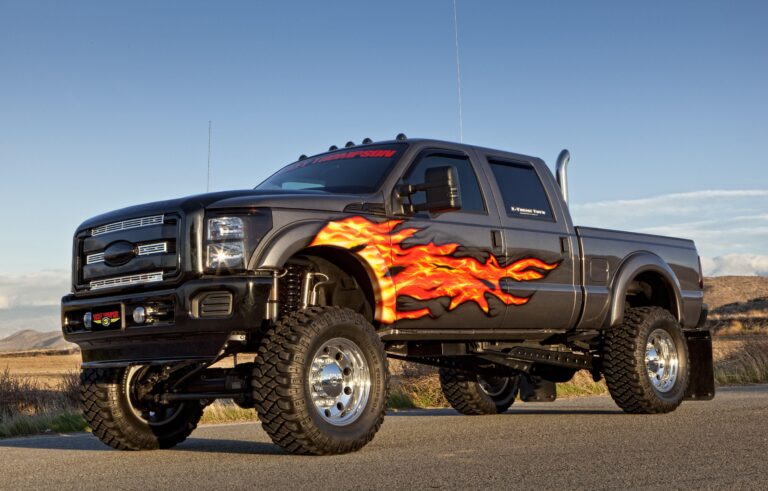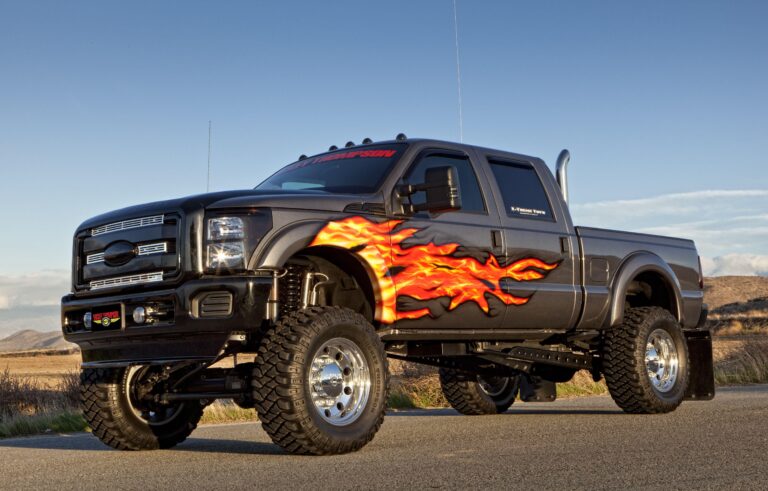U-Haul Car Trailer Rates And Prices: A Comprehensive Guide
U-Haul Car Trailer Rates And Prices: A Comprehensive Guide cars.truckstrend.com
Moving a vehicle, whether it’s across town or across the country, can be a significant undertaking. For many, the most practical and cost-effective solution is to utilize a U-Haul car trailer. U-Haul, a leader in DIY moving, offers a range of equipment designed to safely transport your car, truck, or SUV. However, understanding U-Haul car trailer rates and prices is crucial for budgeting and planning your move effectively. This comprehensive guide will break down the costs, factors influencing them, and provide essential tips to ensure a smooth and affordable vehicle transport experience.
Understanding U-Haul Car Trailers: Types and Their Purpose
U-Haul Car Trailer Rates And Prices: A Comprehensive Guide
Before diving into the pricing, it’s important to differentiate between the two primary types of U-Haul car trailers available for rent:
-
U-Haul Auto Transport (Car Hauler):
- Description: This is a full-size trailer with all four wheels of the towed vehicle resting on the trailer platform. It typically features a low-profile deck, easy-access loading ramps, and heavy-duty security chains and straps.
- Purpose: Ideal for long-distance moves, larger vehicles, or if you prefer to have all four wheels of your vehicle off the ground. It offers maximum protection and stability during transit.
- Vehicle Compatibility: Can accommodate most cars, trucks, and SUVs, provided their weight and dimensions fit within U-Haul’s specifications.

-
U-Haul Tow Dolly:
- Description: A two-wheel trailer designed to lift only the front wheels of the towed vehicle off the ground, with the rear wheels remaining on the road. It’s lighter and more maneuverable than an auto transport.
- Purpose: Best suited for shorter distances, lighter vehicles, or if you’re on a tighter budget. It requires the towed vehicle’s steering wheel to be unlocked and secured in a straight position.
- Vehicle Compatibility: Generally suitable for smaller cars and some mid-size vehicles. Not recommended for all-wheel-drive (AWD) or four-wheel-drive (4WD) vehicles unless specific drivetrain components are disconnected, as it can cause damage.


The choice between these two will significantly impact your rental cost, with the auto transport generally being more expensive due to its size, capacity, and features.
Factors Influencing U-Haul Car Trailer Rates and Prices
U-Haul car trailer rates are not fixed; they are dynamic and influenced by several key factors. Understanding these variables will help you estimate your costs more accurately:
-
Distance and Rental Type (Local vs. One-Way):
- Local Rentals: If you pick up and drop off the trailer at the same U-Haul location, it’s considered a local rental. These are typically charged on a daily basis and are generally less expensive per day than one-way rentals.
- One-Way Rentals: If you pick up the trailer at one location and drop it off at a different U-Haul center, it’s a one-way rental. The price for one-way rentals is a flat rate determined by the mileage between your pick-up and drop-off locations, the specific route, and the number of days estimated for the trip. One-way rates are usually significantly higher than local daily rates.
-
Trailer Type: As mentioned, an Auto Transport (car hauler) is almost always more expensive than a Tow Dolly due to its larger size, higher weight capacity, and more complex design.
-
Availability and Demand: Like airline tickets or hotel rooms, U-Haul prices can fluctuate based on supply and demand. Peak moving seasons (summer, end of month, holidays) will often see higher rates due to increased demand. Booking in advance can sometimes help mitigate this.
-
Location (Pick-up and Drop-off): Prices can vary by city, state, and even specific U-Haul dealership. Urban areas might have different pricing structures compared to rural locations. State taxes and fees also play a role.
-
Duration of Rental: For local rentals, the longer you keep the trailer, the more you pay (daily rate). For one-way rentals, the price is fixed for the estimated duration of your trip, but exceeding this duration without prior arrangement can incur additional daily fees.
-
Add-ons and Insurance:
- Insurance/Damage Waivers: U-Haul offers optional coverage plans like "Safemove" and "Safetow" that protect you against damage to the equipment or liability. While optional, these can add to your total cost but provide peace of mind.
- Moving Supplies: Though not directly part of the trailer rental, if you add moving boxes, packing tape, or tie-down straps to your order, these will increase the overall bill.
-
Taxes and Environmental Fees: Expect applicable state and local taxes, as well as potential environmental surcharges, to be added to your final bill.
How to Get a Quote: A Step-by-Step Guide
The most accurate way to determine U-Haul car trailer rates and prices for your specific needs is to get a personalized quote directly from U-Haul.
- Visit the U-Haul Website: Go to U-Haul.com and navigate to the "Trailers" section or use their "Reserve and Price" tool directly from the homepage.
- Enter Pick-up Information: Provide your desired pick-up location and date.
- Enter Drop-off Information (if One-Way): If it’s a one-way trip, enter your destination city or ZIP code and the desired drop-off date. For local rentals, you’ll simply re-select the same pick-up location for drop-off.
- Specify Vehicle Being Towed: This is a crucial step. U-Haul’s system needs to know the make, model, and year of the vehicle you intend to tow. This allows them to determine compatibility with their trailers and ensure you select the correct equipment (e.g., if your vehicle is too heavy for a tow dolly, it will recommend an auto transport).
- Select Trailer Type: The system will often recommend the appropriate trailer based on your towed vehicle. You can then select either the auto transport or tow dolly, if both are viable options.
- Review Your Quote: The website will generate an estimated price based on your input, including any applicable taxes and fees. It will also show the estimated duration for one-way trips.
- Consider Add-ons: At this stage, you’ll typically be offered insurance options and other moving supplies.
- Confirm and Reserve: If satisfied, you can proceed with the reservation. You usually don’t pay until pick-up.
For complex scenarios or if you prefer speaking to someone, you can also call U-Haul directly.
U-Haul Car Trailer Rates: A General Overview and Price Table
It’s important to reiterate that exact prices fluctuate. The following table provides estimated ranges for U-Haul car trailer rentals based on typical scenarios. These are for general guidance only, and your actual quote may vary.
U-Haul Car Trailer Estimated Rates (Approximate Ranges)
| Trailer Type | Rental Type | Estimated Daily Rate (Local) | Estimated One-Way Rate (Variable Distance) | Key Considerations |
|---|---|---|---|---|
| U-Haul Tow Dolly | Local | $40 – $65 | N/A (local only) | Ideal for short distances, smaller vehicles. Requires specific tow vehicle compatibility (e.g., FWD vehicles, steering unlocked). |
| One-Way | N/A | $150 – $800+ | Price varies significantly based on distance (e.g., 100 miles might be $150-$250, 1000 miles $400-$800+). Includes estimated rental period. | |
| U-Haul Auto Transport | Local | $60 – $85 | N/A (local only) | Suitable for most vehicles, all four wheels off the ground. Heavier and requires a more capable tow vehicle. |
| One-Way | N/A | $250 – $1500+ | Price varies significantly based on distance (e.g., 100 miles might be $250-$400, 1000 miles $700-$1500+). Includes estimated rental period. Higher cost due to size & capacity. |
Note on One-Way Rates: The "Estimated One-Way Rate" is a total price for the specific route and estimated duration. It is not a daily rate. Longer distances and routes with higher demand will command higher prices. These ranges exclude optional insurance, taxes, and any additional supplies.
Important Considerations & Hidden Costs
Beyond the base rental rate, several other factors contribute to the total cost and overall experience:
- Towing Vehicle Compatibility: Your tow vehicle must be capable of safely hauling the combined weight of the trailer and the vehicle being towed. U-Haul has strict requirements regarding Gross Combined Weight Rating (GCWR), hitch class (typically Class II, III, or IV), and braking systems. Failure to meet these requirements can result in U-Haul refusing the rental or unsafe towing.
- Hitch and Wiring: Ensure your tow vehicle has a compatible hitch ball (usually 2" or 2-5/16") and a functional lighting connection (4-flat or 7-way). Adapters may be needed.
- Fuel Consumption: Towing a heavy trailer and vehicle will significantly reduce your tow vehicle’s fuel efficiency. Factor in considerably higher fuel costs for your trip. This can be a substantial "hidden" cost, especially on long hauls.
- Insurance Options: While your personal auto insurance policy might offer some coverage, it’s essential to verify. U-Haul’s Safemove and Safetow options provide specific coverage for the rented equipment and liability, which can be invaluable in case of an accident or damage.
- Tolls and Permits: Some states or roads may have specific requirements or tolls for vehicles towing trailers. Research your route in advance.
- Loading and Unloading: While U-Haul trailers are designed for ease of use, proper loading and securing of your vehicle are critical for safety. Ensure you understand how to use the ramps, tie-downs, and safety chains correctly. U-Haul provides instructions and videos.
Tips for Saving Money and Ensuring a Smooth Rental
- Book in Advance: Especially during peak moving seasons (late spring to early fall), booking your trailer several weeks in advance can secure better rates and ensure availability.
- Be Flexible with Dates/Locations: If your schedule allows, try adjusting your pick-up or drop-off dates by a day or two, or consider nearby U-Haul locations. Sometimes, minor changes can lead to significant savings.
- Choose the Right Trailer: If your vehicle is compatible and your trip is short, a tow dolly is almost always cheaper than an auto transport. Don’t overpay for capacity you don’t need.
- Verify Tow Vehicle Compatibility: Use U-Haul’s online tool or call them to confirm your tow vehicle can safely handle the chosen trailer and your towed car. This prevents last-minute rental rejections.
- Understand Insurance: Don’t automatically decline insurance. Get quotes with and without it, and compare it to your personal policy. The peace of mind might be worth the extra cost.
- Factor in Fuel Costs: Get an estimate of your fuel consumption. It’s often one of the largest costs associated with towing.
- Inspect Thoroughly: Before leaving the U-Haul lot, thoroughly inspect the trailer for any existing damage. Document it with photos or video and ensure it’s noted on your contract to avoid being charged for pre-existing issues.
- Return On Time: For local rentals, returning the trailer late can incur additional daily charges. For one-way rentals, communicate any delays with U-Haul to avoid penalties.
Concluding Summary
Understanding U-Haul car trailer rates and prices is essential for anyone planning to transport a vehicle. The cost is a dynamic calculation influenced by distance, trailer type, demand, location, and optional add-ons. By utilizing U-Haul’s online quoting system, considering the various factors, and applying practical tips for saving money, you can accurately budget for your move. Remember to prioritize safety by ensuring your tow vehicle is compatible and that you’re comfortable with the loading and towing process. With proper planning, U-Haul car trailers offer a convenient and cost-effective solution for your vehicle transportation needs.
Frequently Asked Questions (FAQ)
Q1: How much does a U-Haul car trailer cost per day?
A1: For local rentals (picking up and dropping off at the same location), a U-Haul Tow Dolly typically costs $40-$65 per day, while a U-Haul Auto Transport costs $60-$85 per day. One-way rentals are priced as a flat rate for the entire trip, not a daily rate.
Q2: Can I rent a U-Haul car trailer for one way?
A2: Yes, both U-Haul Auto Transports and Tow Dollies are available for one-way rentals. The price for a one-way rental is a flat fee based on the distance, route, and estimated duration of your trip, and it’s generally more expensive than a local daily rental.
Q3: What kind of hitch do I need to tow a U-Haul car trailer?
A3: You will typically need a Class II (for tow dolly) or Class III/IV (for auto transport) frame-mounted hitch on your tow vehicle. The hitch ball size is usually 2" or 2-5/16". Your vehicle must also have a functional lighting connection (4-flat or 7-way). U-Haul’s website will verify compatibility when you get a quote.
Q4: Do I need insurance for a U-Haul car trailer?
A4: While not legally mandatory, U-Haul offers optional coverage plans like "Safetow" that protect you against damage to the rented equipment and provide liability coverage. Your personal auto insurance policy might offer some coverage, but it’s crucial to verify its extent for towing rental equipment. It’s highly recommended to consider U-Haul’s coverage for peace of mind.
Q5: What’s the difference between an auto transport and a tow dolly?
A5: An Auto Transport (car hauler) lifts all four wheels of the towed vehicle off the ground, providing maximum protection and stability. A Tow Dolly only lifts the front two wheels, with the rear wheels remaining on the road. Auto transports are generally used for longer distances and heavier vehicles, while tow dollies are suitable for shorter trips and lighter, front-wheel-drive vehicles.
Q6: Can I tow any car with a U-Haul trailer?
A6: No, not every car can be towed with every U-Haul trailer, and not every vehicle can be a tow vehicle. Compatibility depends on the weight and dimensions of the vehicle being towed, the type of trailer, and the towing capacity of your tow vehicle. U-Haul’s online reservation system will guide you based on the make and model of the vehicle you intend to tow and your tow vehicle’s specifications. Always verify compatibility before reserving.
Q7: Are there hidden fees when renting a U-Haul car trailer?
A7: There are typically no "hidden" fees if you carefully review your quote. However, be aware of additional costs beyond the base rental rate:
- Taxes and Environmental Fees: These are standard and usually listed in your quote.
- Optional Insurance: If you opt for U-Haul’s coverage, it adds to the cost.
- Fuel Costs: Your tow vehicle will consume significantly more fuel when towing.
- Late Return Fees: If you return a local rental late or exceed the allotted time for a one-way rental without prior arrangement.
- Cleaning Fees: If the trailer is returned excessively dirty.
Always read your rental agreement thoroughly.






